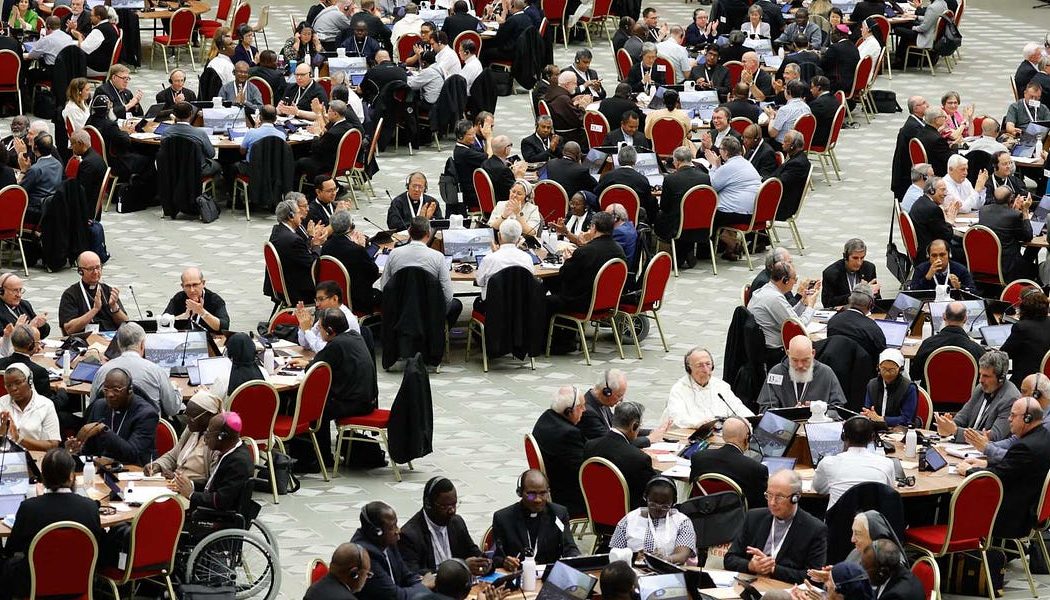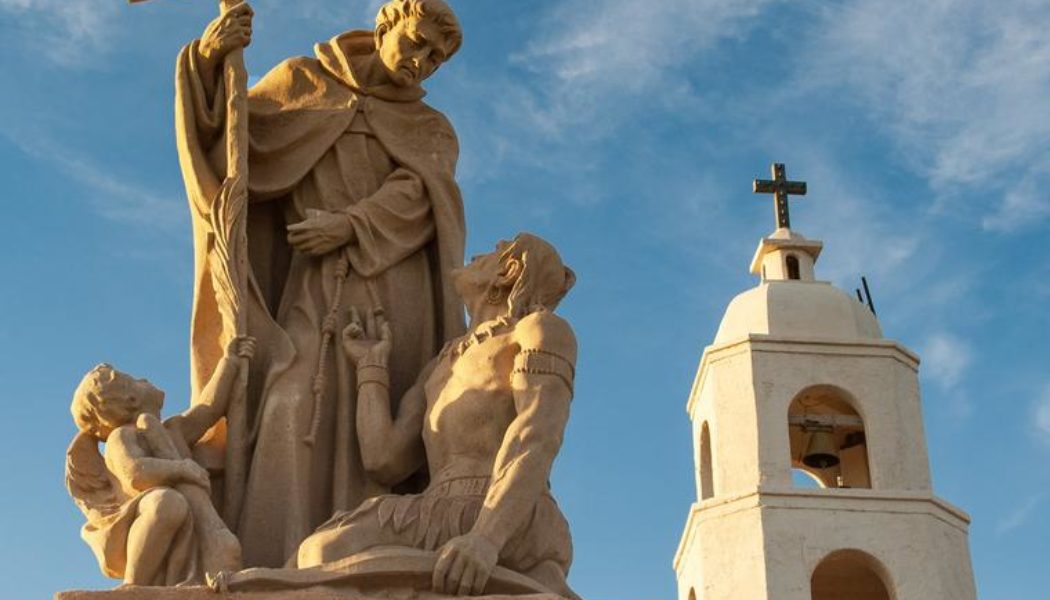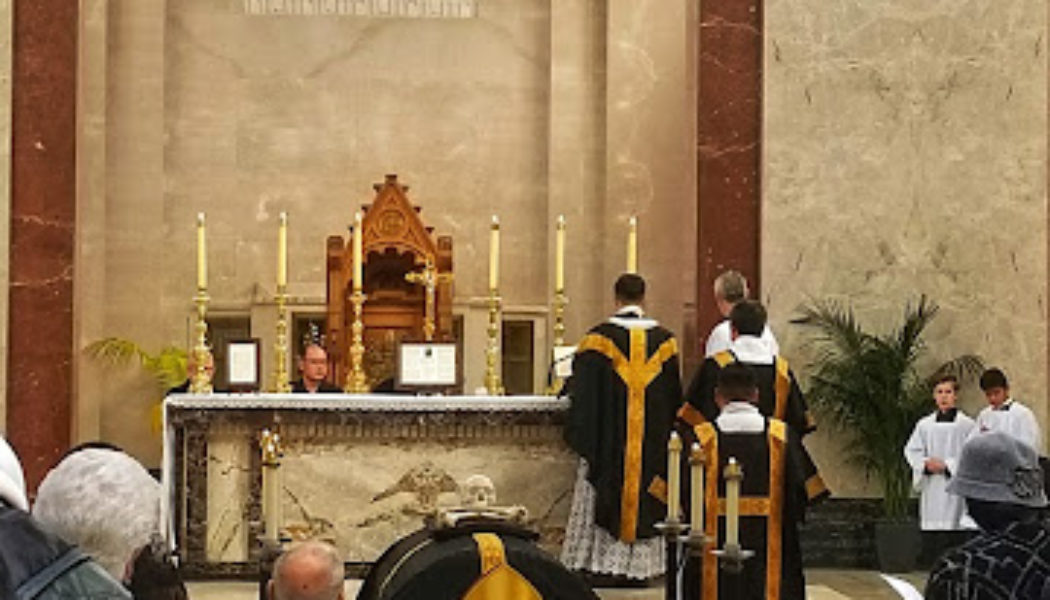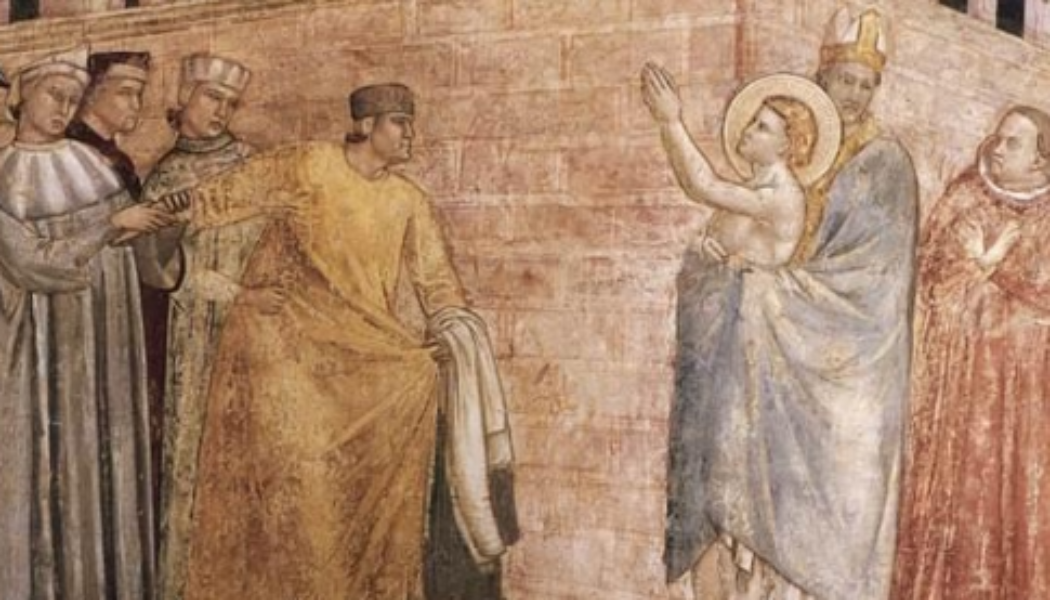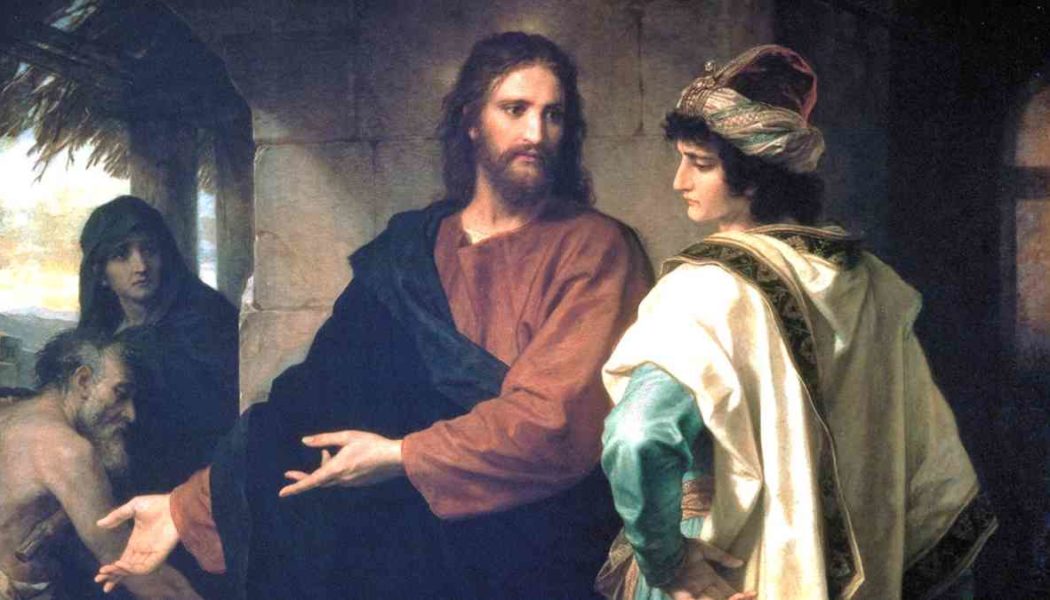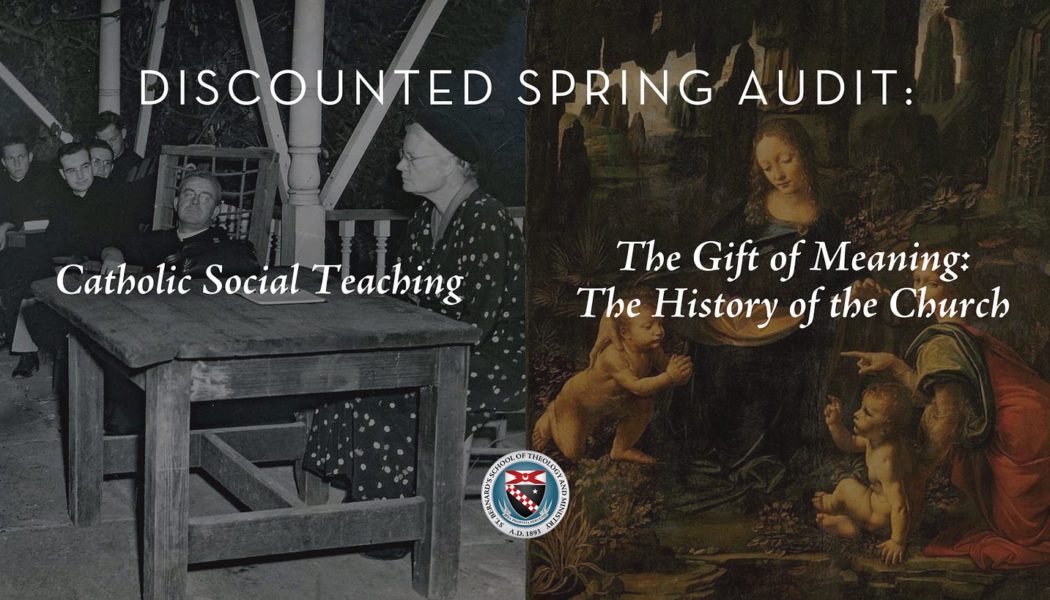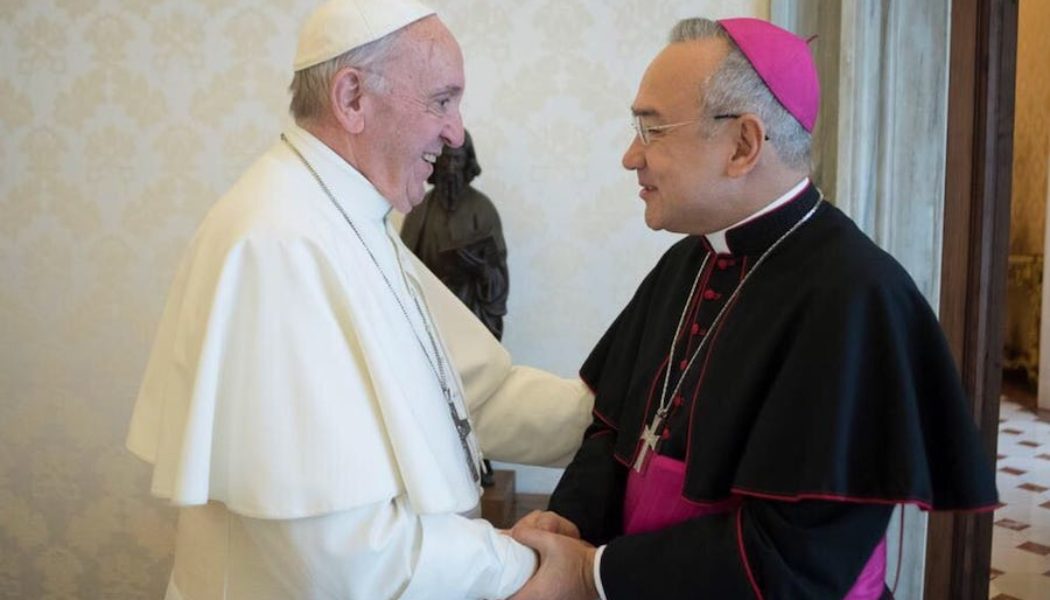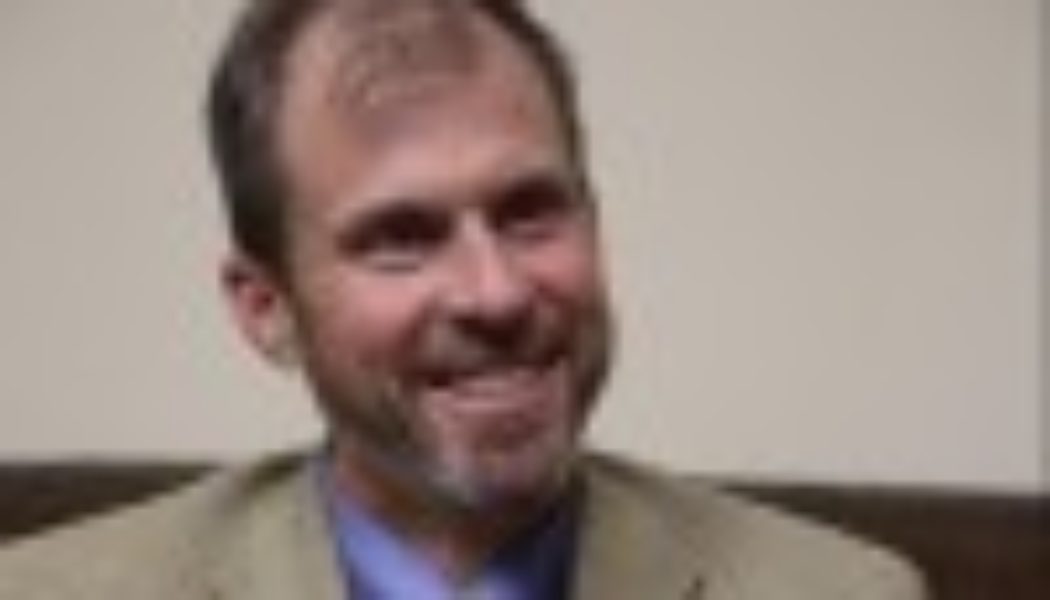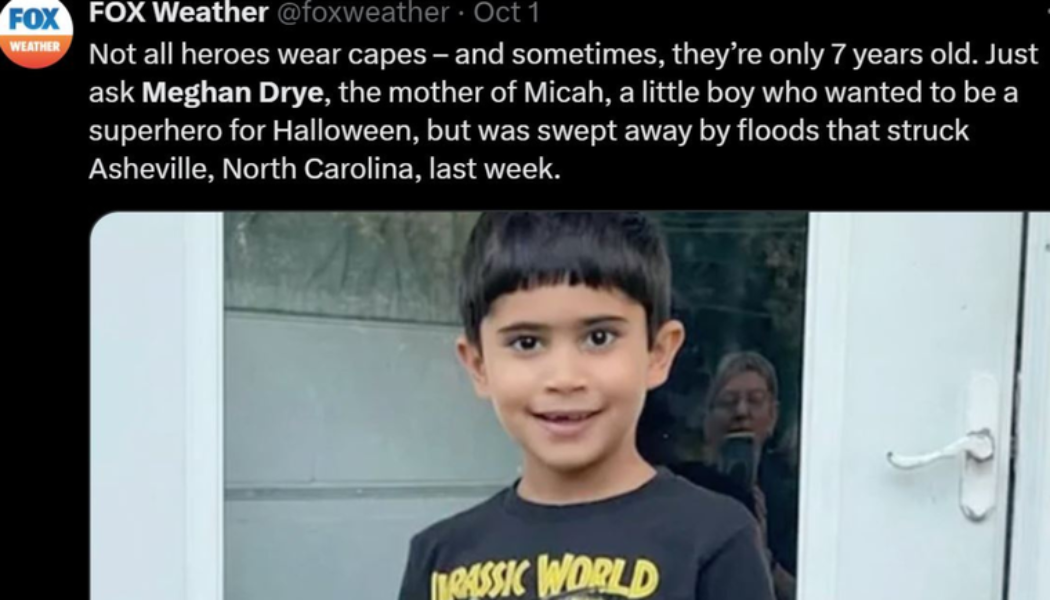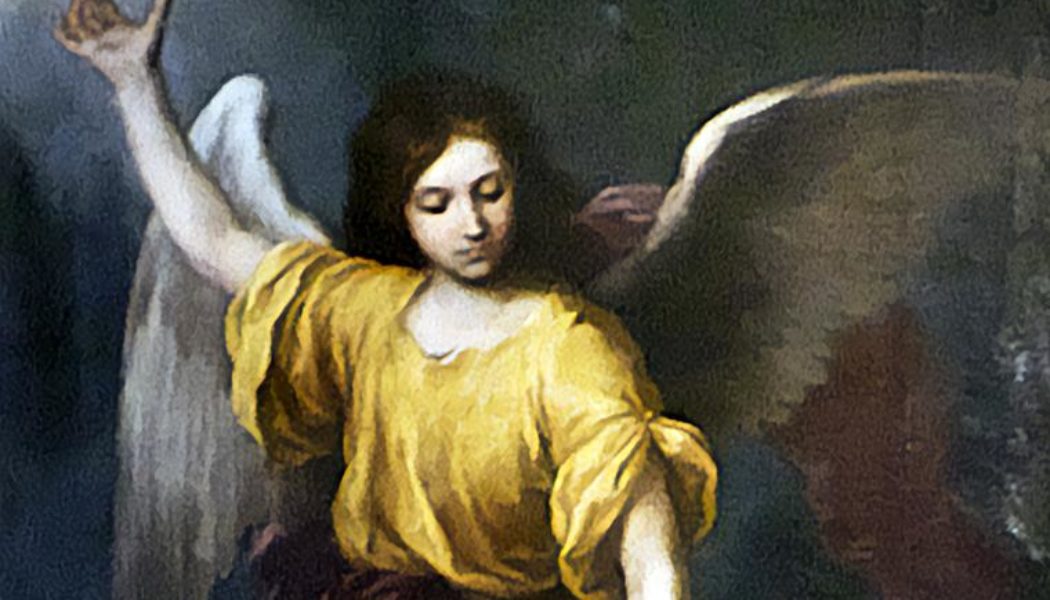Left
The Third Crisis of the Church: What It Means and 5 Things You Can Do…
The Cambridge historian Richard Rex has noted that the first great crisis in Christianity was over the nature of the Trinity, especially over the nature of Christ, hence the early Christological heresies. The second great crisis, associated with the Reformation, was over the nature of the Church. This entailed the Protestant attack on sacramentality and the sacred hierarchy. The third great crisis, Rex observes, the one we are enduring today, is over the nature of the human person. Here the concrete issues revolve around the fact of sexual difference. Does the difference between masculinity and femininity have any theological significance? This overview of the history of ecclesial crises is very perceptive but one might add that within the Catholic Church today the crisis is not confined t...
The 4 Forgotten Martyrs of the American Southwest…
July 17, 1781, in Yuma, Arizona, was, like virtually all July days along the lower Colorado River, filled with bright sunshine and extreme heat. Soon it also would be filled with the screams of warriors, the musket shots of soldiers, and the moans of the dying. The Quechan Indians had risen up against the Spaniards among them. Within four days, 131 Spanish would be dead, including four Franciscan missionaries: Fathers Francisco Garcés, Juan Antonio de Barreneche, José Matías Moreno and Juan Díaz. By 1781, Quechan hostility toward the Spanish had been rising for several years. But at first, thanks largely to the earnest, likable and peaceable Father Garcés, there had been a golden period of amity and goodwill. Garcés first arrived at Yuma in August 1771. As the pastor at lonely and hi...
How to Make a Family Necrology — and Why You Should Do It…
What Is Necrology A necrology refers to a list or record of individuals who have died, especially within a specific community, organization, or during a particular time period. In the context of the Church, religious orders will keep necrologies to record the anniversary of the death of the members of the Order. This gives the community the opportunity to remember to pray for the repose of the soul of its members – even members who died long before the current members were alive. In so doing, we are performing a spiritual work of mercy for souls. Why Make A Necrology While we often think of praying for the dead in the month of November, all year we have ample opportunities to pray for the souls of the departed. Through almsgiving, penance, and fasting done with the intention of freeing sou...
Carry No Purse, No Bag, No Sandals…..
Having wealth is damaging to the pursuit of the kingdom because the very having does something to one’s inner life, one’s very ability to love God for his own goodness and others in and for him.”― Fr. Thomas Dubay Today’s Gospel at Mass had me thinking about a homily I heard a few years ago in Omaha on Luke 10:4, which contains Jesus’ instructions for the disciples as he sends them out on mission: “Carry no purse, no bag, no sandals…” The priest said something to this effect: Jesus forbade the disciples on mission from carrying money or extra things. Even a second pair of sandals. That’s edgy! Why? To lighten their load? Sure, maybe. To teach them trust in God? Okay, that’s true. But I think the deepest reason is rooted in human psychology. When you have possessions, money, extras, things ...
This Sunday, Give Up the Lie: Meet Jesus and Offer Him Your True Self…
Too often, when we look in the mirror, we see a dream version of ourselves instead of what is in front of our eyes. We so badly want to be the “best version of ourselves” that this is all we see. But then, when we get a glimpse of our true selves, it can be jarring — like seeing a picture of ourselves and saying, “Yikes. I thought I looked better than that!” That is what happens to the rich young man when he meets Jesus on the 28th Sunday in Ordinary Time, Year B. Jesus insists that we have each have the same face-to-face encounter with him, give up the lie, and see who we really are, in him. We probably think of our relationship with Jesus in exactly the way the “rich young man” in the Gospel reading this Sunday thinks of his. When the young man asks Jesus how to attain eternal life, Jesu...
Growing Seeds of Faith in America: Catholicism in ‘A Tree Grows in Brooklyn’…
Sadie stood on the boat, heavy with child, a toddler clinging to her hand, the shores of France shrinking into the distance. It had been weeks already since she had left her home in Lebanon—where she had lived with her fellow Christians in fear and poverty due to Ottoman persecution. At the age of eighteen, she was going with her twenty-two-year-old husband to a place called St. Louis in the Americas, where his brother lived. My great-great-grandmother took a deep breath, centering herself in her faith, which she would need as she traveled surrounded by unfamiliar languages, sleeping in steerage, going to a great unknown. Dorothy waited behind the lunch counter in Joliet, Illinois, surrounded by flat, sweeping land. She was serving the men who came down the line. Her apron was tied neatly ...
Mater Et Magistra, La Suprema, and Disordered Desire…
Mater et magistra, la suprema, and disordered desire Skip to content Happy Friday friends, And a very happy feast of St. John XIII to all who celebrate — and all of you should. Papa Roncalli is best remembered as the pope who convoked Vatican Council II, and in that sense at least I tend to think of him as at least co-patron saint of this era in the life of the Church. Of course, he also is the pope who initiated the wholesale reform of the Code of Canon Law, recognizing that barely 40 years after its promulgation it was falling hopelessly behind the shifting realities of ecclesiastical life. More to the point for our current moment, John was also the pope who convoked a synod for the Diocese of Rome, this first in its history, and I often find myself thinking of the current synodal ...
Why the Príncipi Case Matters…
Why the Príncipi case matters Skip to content The Vatican Secretariat of State’s “extraordinary procedure” to reinstate a laicized priest, blocked this week by the Dicastery for the Doctrine of the Faith, may prove to be the most significant Vatican story of the year. Archbishop Edgar Peña Parra meets with Pope Francis in 2017. Pillar file photo. Little is known, as yet, about why sostituto Archbishop Edgar Peña Parra issued an order trying to reinstate a man convicted of child sexual abuse by two interdiocesan tribunals in Argentina. But his decision to do so, and the DDF’s move to publicly void the attempt, raises real questions about the role of Pope Francis, the rule of law, and the exercise of power in the Vatican. Share — According to canon law, Ariel Alberto Príncipi’s case was clea...
Yes and No, Picking a Wife, and Still Dead to Me…
Yes and no, picking a wife, and still dead to me Skip to content Happy Friday, friends, I cannot be the first father to view their kid as the most beautiful puzzle box ever fashioned by the Divine craftsman, surely. But it doesn’t stop me feeling like the experience of trying to figure this gorgeous little girl out is unique to me. She had a recent birthday, which was lovely and exhausting for all of us in equal measure. And, what with her notching up another solar lap, I suppose it is normal to spend a little time wondering when she grows up, what will she be, as the lady sang. I’m not giving up on my quietly nourished hope she will pursue veterinary science. It’s a good living and would dovetail nicely with my equally cherished and probably equally delusional ambition to one day move to ...
Mothers and Swiss Army Knives: Seeing the Difference…
Few of us reach for our Swiss army knife when we simply want to cut something. Aristotle asserts that nature is not like the Delphic smiths, makers of the original Swiss army knife, “a single knife for all kinds of use,” a knife with which, clearly, he was not impressed. Rather, nature crafts things such that the primary ordination of the thing is not obscured or hindered by other tasks or purposes. He says this when discussing the nature of woman. Nature has crafted woman in view of motherhood, and anything else—and there certainly is more in the life of a woman—is in a sense secondary or ancillary. It seems to me that this simple if somewhat odd-sounding point has three powerful implications when rightly considered. First, the reality of motherhood provides a kind of icon or beacon in li...
7-Year-Old’s Final Cry in Hurricane Helene Floodwaters: ‘Jesus, I Hear You’…
‘He’s my hero,’ Meghan Drye says of 7-year-old Micah. A 7-year-old boy called out to Jesus to save him before Hurricane Helene flood waters carried him away earlier this week. Micah Drye’s lifeless body was later found about a quarter-mile away from his home in Asheville, North Carolina. But his mother thinks he was saved nonetheless. “You know, I’m so proud of my son, because in his last moments, he wasn’t screaming for me. He was screaming, ‘Jesus.’ ‘Jesus, save me.’ ‘Jesus, I hear you.’ ‘Jesus, I’m calling upon you,’” said Meghan Drye, the boy’s mother, in an interview with Fox Weather on Thursday. Micah always wanted to be a superhero, his mother said. “And instead, he’s my hero, because he reached for something past flesh, past human, past anything that even grown adults, I think, wou...
4 Saints Who Saw Their Guardian Angels…
We might not see our guardian angels as a handful of saints did, but the Oct. 2 Memorial of the Guardian Angels spurs us on to be close to them and call upon their help. Our Lord Jesus said: “See that you do not despise one of these little ones, for I say to you that their angels in heaven always look upon the face of my heavenly Father” (Matthew 18:10). And the Catechism (336) reminds us: “From infancy to death human life is surrounded by their (the angels) watchful care and intercession. Beside each believer stands an angel as protector and shepherd leading him to life. Already here on earth, the Christian life shares by faith in the blessed company of angels and men united to God.” St. Pio of Pietrelcina Padre Pio counseled, “Develop the beautiful habit of always thinking of him; that n...
